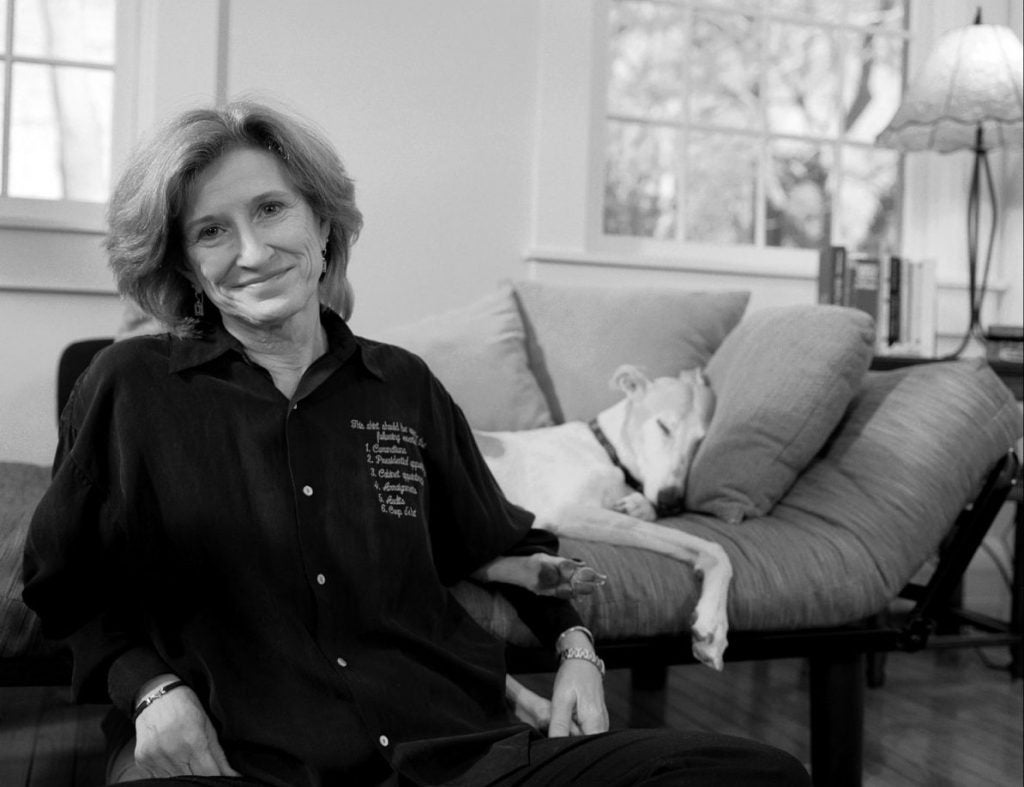Remembering Brigit Pegeen Kelly, 1951-2016
Brigit’s poems are formalist in the best kind of way: as a materially textual revelation of the earth and the spirit in consort; of the prayers, stories, and songs by which we seek this consort; of “the realm of myth, archetype, fable, and metaphor,” as Merrill puts it, that lies beneath “the surface of personal experience.” But her poems don’t just recount this realm. She doesn’t simply read it from the old books. Hers is a constant vigilance, an onlooking so patient and steady that the world releases the secrets of its order.
Remembering Brigit Pegeen Kelly, 1951-2016 Read More »
Brigit’s poems are formalist in the best kind of way: as a materially textual revelation of the earth and the spirit in consort; of the prayers, stories, and songs by which we seek this consort; of “the realm of myth, archetype, fable, and metaphor,” as Merrill puts it, that lies beneath “the surface of personal experience.” But her poems don’t just recount this realm. She doesn’t simply read it from the old books. Hers is a constant vigilance, an onlooking so patient and steady that the world releases the secrets of its order.






